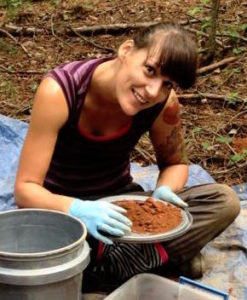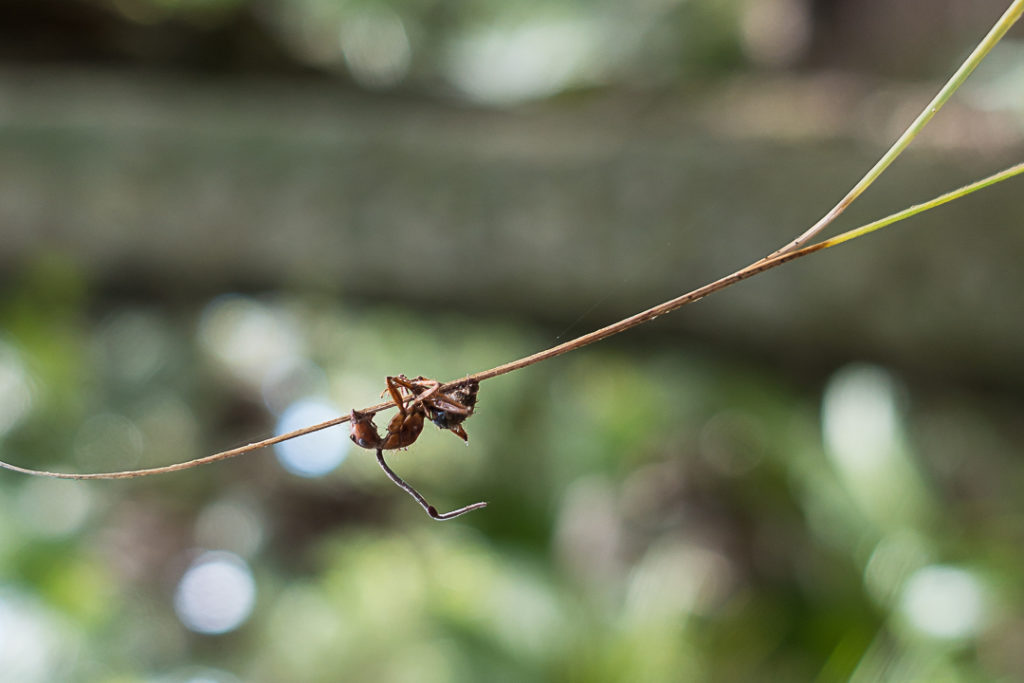 The natural world around us has always fascinated me: from large mammals, to small insects, to micron-sized microbes. This inherent interest motivated me to study biology. During my Bachelor studies, I thought I would specialize in animal behavior. However, the incredibly cool tools that molecular microbiology offers pulled me away from this path. I ended up with a Masters in biomolecular sciences and did my PhD within the fungal genetics field. As a postdoc, I found my way back to studying animal behavior through a research program that allows me to combine behavioral ecology with my, initially unexpected, love for fungi and molecules.
The natural world around us has always fascinated me: from large mammals, to small insects, to micron-sized microbes. This inherent interest motivated me to study biology. During my Bachelor studies, I thought I would specialize in animal behavior. However, the incredibly cool tools that molecular microbiology offers pulled me away from this path. I ended up with a Masters in biomolecular sciences and did my PhD within the fungal genetics field. As a postdoc, I found my way back to studying animal behavior through a research program that allows me to combine behavioral ecology with my, initially unexpected, love for fungi and molecules.
At the moment, I am an assistant professor at the University of Central Florida. My lab studies parasites that change the behavior of their hosts. Nature harbors quite some bizarre examples of parasites that evolved the ability manipulate. These manipulations range from slightly altered existing behaviors to the establishment of completely novel ones that are not part of the host’s regular repertoire.
One of the most dramatic examples of the latter is that of the zombie ants. Here, a fungal parasite takes control of the behavior of a Carpenter ant, guiding it up the vegetation where it latches on in a final death grip. Working across various disciplines within the broad field of biology we use this parasite-host interaction as a model system to ask the question how a microbe can control an animal’s brain to change the behavioral output so precisely. In addition, we know very little about how behavior in general is regulated. Our research will therefore not only inform us about the mechanisms that these parasites use to manipulate their hosts, but ultimately also give an important insight into the regulation of behavior in general.
If you would like to learn more about our research, please have a look at my recent publications, their media coverage, or go to the UCF Website.
